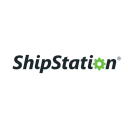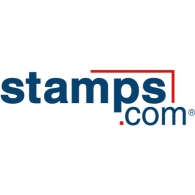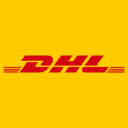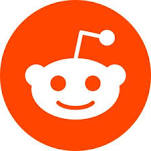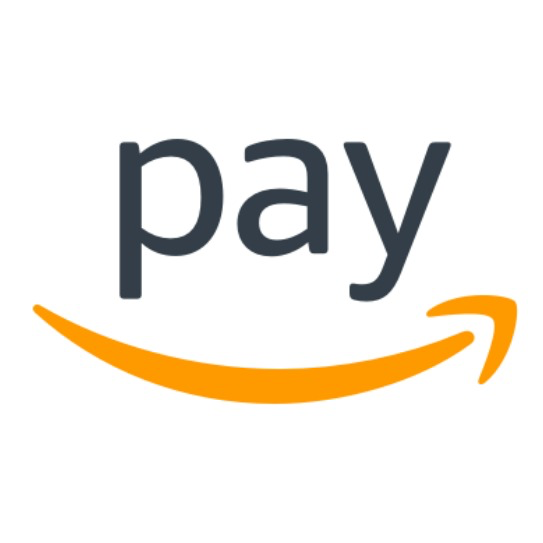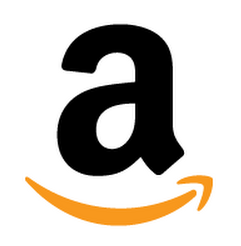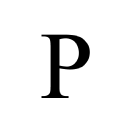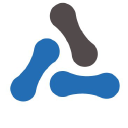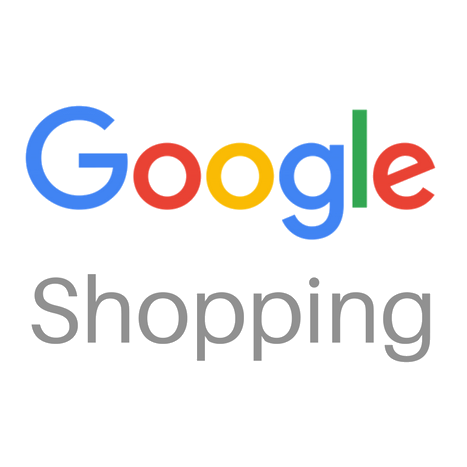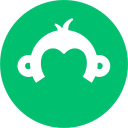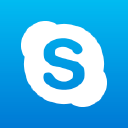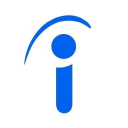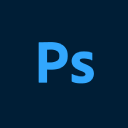On Starting A Multi-Million Dollar Travel Equipment Business
I’m Chris Clearman, founder of the brand Matador. We design, manufacture, and distribute high-performance travel equipment, although it didn’t start that way. Our company started in 2014 with a product called the Matador Pocket Blanket which went viral online shortly after launch. This product was a high-tech picnic blanket that fits neatly in your pocket for portability. Over time, the brand has morphed to fit with my passions - travel and the outdoors. We now develop some of the lightest, most capable travel equipment on the market, all of which are designed and tested at our Boulder, CO office.
While we don’t publicly disclose revenue, Matador has bootstrapped into a profitable multi-million dollar brand with distribution in many countries around the world and earned domestic placement in major retailers like REI.




